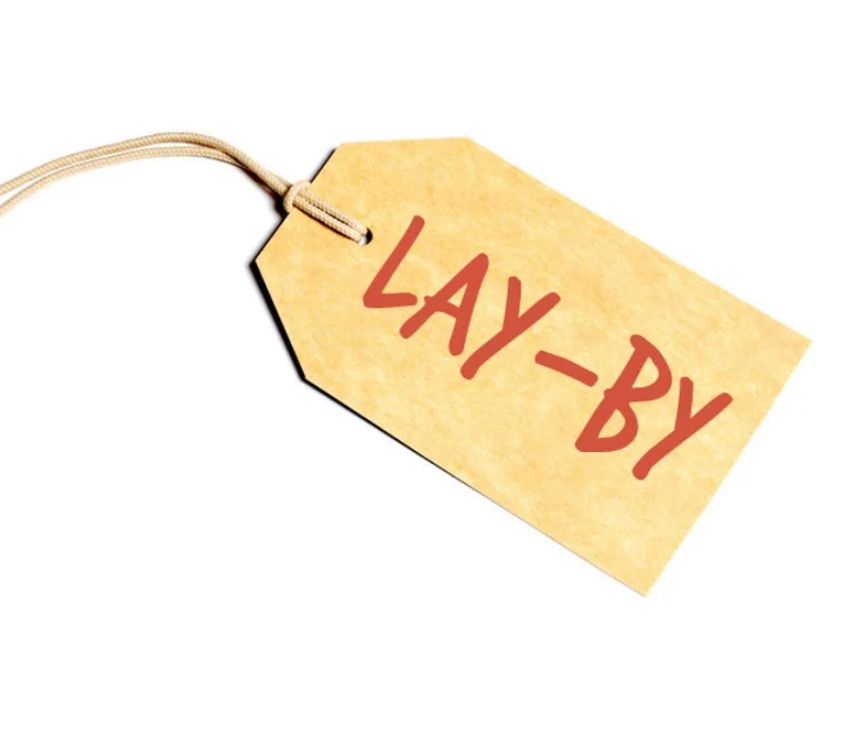
Lay-By (Up to 3 Months)
What does lay-by mean?
Lay-by is a payment method that allows customers to make purchases over time, usually in instalments. The customer pays for the item up front, but does not take it home until all payments have been completed.
In South Africa, lay-by agreements are regulated by the Consumer Protection Act and offer consumers greater protection with their purchases. Typically, an order is placed with the retailer and a deposit of 10-20% of the total cost is paid upfront. The customer then makes regular payments until the full amount is paid off. When the final instalment has been settled, the product will be released to them and they can take it home or have it delivered. It’s important to note that there are generally no interest or additional service fees associated with lay-by agreements.
By using a lay-by payment method, customers can spread out their payments while ensuring they get exactly what they want without running up a large credit card bill. This makes it an ideal way to budget responsibly while making larger purchases.
How should payments be made?
Lay-by agreements are a popular way of buying goods in South Africa. They allow customers to pay for their purchases over a period of time, with no interest payments or costly instalments.
The customer and the retailer agree on the total cost of the purchase, as well as how long it will take to pay off the amount due. This may vary from several weeks to several months, depending on the item or service being purchased. During this period, regular payments must be made at pre-arranged intervals from both parties until full payment is received. In South Africa, it’s important to keep track of all payments made so that proper records can be kept for tax purposes.
It’s important to note that the item being purchased is not available for use until full payment has been made. The retailer also has the right to cancel the lay-by agreement if payments are not made on time or in full.
Lay-by agreements can be a great way to purchase goods without having to pay excessive interest charges, but it’s important to be aware of the terms and conditions before entering into an agreement. This can help ensure that both parties understand their responsibilities and how long it will take for payments to be completed.
